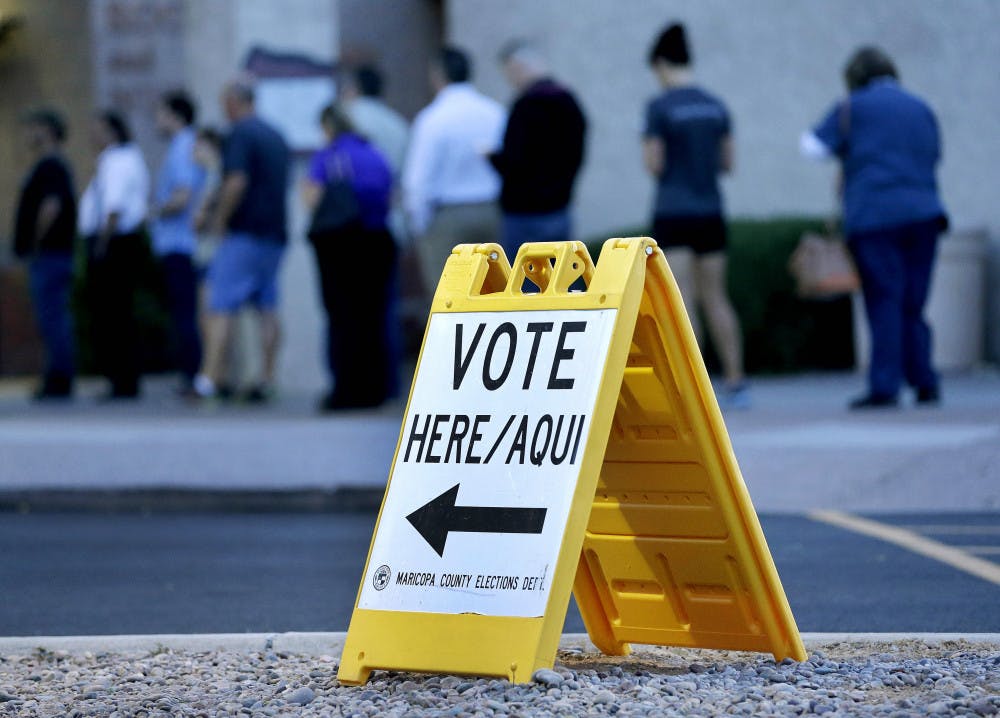By Paul Mulholland
Political pollsters have had a tough year. They failed to predict Brexit, a Donald Trump presidency and a Republican-controlled Senate (the loss of Russ Feingold, the lone dissenting Senate vote on the Patriot Act, being one of the most surprising).
Before the election, it seemed as if the Republican Party was unhinged and falling to pieces. It almost certainly still is, but it also seems as if the Democratic Party is in for an implosion of its own. The great oracles and soothsayers were almost unanimously wrong — if a mainstream polling organization such as FiveThrityEight or betting market like PredictIt gave your cause good odds, it ought to have signaled trouble. But how were so many caught off guard and so out of touch with the general population, and what does that mean for all of us?

The polling failed this year for at least a few reasons. Gone are the glory days of polling when most households had landlines and could be reached easily. What are the politics of those without landlines or those who hang up when they realize they are being polled?
Pollsters still aim to poll people randomly, but people do not vote randomly. Polls likely overrepresented Hillary Clinton’s support because of the horribly low turnout among Democratic voters, who may have said they were a likely voter when polled, but did not bother to vote on Election Day.
Polling also encourages complacency in journalists. If you believe you have a snapshot of the population, what need is there to perform actual reporting on the public mood and passions of the people?
The Democrats not only lost the Presidency, they are also the minority in both houses of Congress, state houses, governors’ mansions and will soon be the minority on the Supreme Court. This near total defeat does not appear to have provoked much introspection on the part of Democrats. For them, third parties, non-voters or racists and misogynists are to blame.
Clinton represented a system that many voters, Democrats included, hated. Clinton was not just completely devoid of charisma, strangely enunciating words without any clear reason, but was perceived as being dishonest and crooked, as Trump would say..
Don’t blame third parties for your mediocre candidate, and don’t write off nearly 60 million voters by framing the election as a referendum on bigotry — bigotry wouldn’t explain all the counties near the great lakes that voted for Obama twice and then Trump.
A common theme expressed by Trump voters, as well as Brexit voters, is the loss of control over the economic and cultural evolution of their country, and from that a loss of identity and sense of greatness. There is a feeling of having been systematically forgotten and minimized. Not only do myriad Trump voters feel alienated by political corectness and immigration, but dismissing their concerns as bigoted and, therefore, not worth listening to is a mistake that likely turned many voters out to vote for Trump.
However, none of this means that liberals cannot have principles and the enemies that come with them. In the coming four years, we will need people to advocate for an open society and civil liberties, both of which will be severely under attack by the law and order candidate. We will need a strong and coherent opposition to what will likely be a difficult four years. This means that liberals will have to drop their own forms of (often hysterical) political intolerance that labels all dissenters as bigots and remember that there is an America between the coasts that can vote, and just did.







